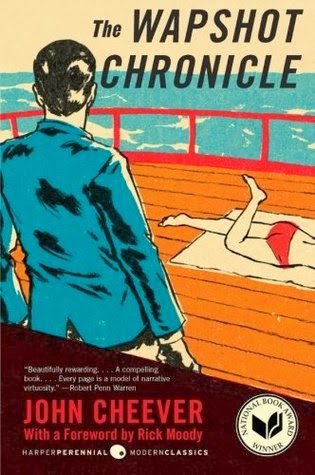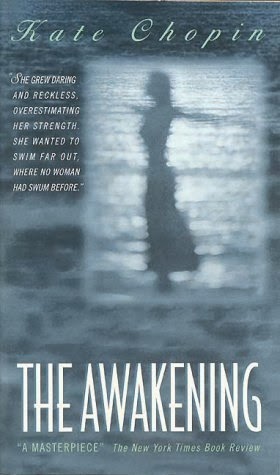Our Book Choices
The Shock of the Fall - Nathan Filer
WINNER OF THE COSTA FIRST NOVEL AWARD 2013
‘I’ll tell you what happened because it will be a good way to introduce my brother. His name’s Simon. I think you’re going to like him. I really do. But in a couple of pages he’ll be dead. And he was never the same after that.’
There are books you can’t stop reading, which keep you up all night.There are books which let us into the hidden parts of life and make them vividly real.There are books which, because of the sheer skill with which every word is chosen, linger in your mind for days.
The Shock of the Fall is all of these books.The Shock of the Fall is an extraordinary portrait of one man’s descent into mental illness. It is a brave and groundbreaking novel from one of the most exciting new voices in fiction.
Marbles - Ellen Forney
Shortly before her thirtieth birthday, Forney was diagnosed with bipolar disorder. Suffering from (but enjoying) extreme mania, and terrified that medication would cause her to lose creativity, she began a long struggle over many years to find mental stability while retaining her creativity. Searching to make sense of the popular idea of the 'crazy artist', she finds inspiration from the lives and work of other artists and writers who suffered from mood disorders, including Vincent van Gogh, Georgia O'Keeffe, William Styron, and Sylvia Plath.
She also researches the clinical aspects of bipolar disorder, including the strengths and limitations of various treatments and medications, and what studies tell us about the conundrum of attempting to "cure" an otherwise brilliant mind.Darkly funny and intensely personal, Forney's memoir provides a humorous but authentic glimpse into the effects of a mood disorder on an artist's work, as she shares her own story through black-and-white graphic images and prose.
The Rosie Project - Graeme Simsion
Meet Don Tillman.
Don is getting married.
He just doesn't know who to yet.
But he has designed a very detailed questionnaire to help him find the perfect woman.
One thing he already knows, though, is that it's not Rosie.
Absolutely, completely, definitely not.
Elizabeth is Missing - Emma Healy
'Elizabeth is missing' reads the note in Maud's pocket in her own handwriting, and the one on the wall.
Maud's been getting forgetful. She keeps buying peach slices when she has a cupboard full, forgets to drink the cups of tea she's made and writes notes to remind herself of things. But Maud is determined to discover what has happened to her friend, Elizabeth, and what it has to do with the unsolved disappearance of her sister Sukey, years back, just after the war.
A fast-paced mystery, an unforgettable voice: you will laugh and cry but you'll never forget Maud.
The Examined Life - Stephen Grosz
A Sunday Times bestseller
Longlisted for the Guardian first book awardA Radio 4 Book of the Week
This book is about learning to live.
In simple stories of encounter between a psychoanalyst and his patients, The Examined Life reveals how the art of insight can illuminate the most complicated, confounding and human of experiences.These are stories about our everyday lives: they are about the people we love and the lies that we tell; the changes we bear, and the grief. Ultimately, they show us not only how we lose ourselves but how we might find ourselves too.
Stranger than Kindness - Mark A Radcliffe
There is a fine line between madness and magic. It is 1989 and Community Care is about to reboot the industry of psychiatry. In a soon-to-be-closed asylum a bruised nurse, Adam Sands, is feeling less like a purveyor of kindness and more like a concentration camp guard with every passing drink. Years later Adam has got used to the quiet life when his past finds him. Maybe this time he can do some good. Even make a difference. But redemption, like magic, can come from the strangest of places.
* * * * *
2014
JAN - FEB: The Shock of the Fall - Nathan Filer
MAR - APR: Marbles - Ellen Forney
MAY - JUN: The Rosie Project - Graeme Simsion
JUL - AUG: Elizabeth is Missing - Emma Healy
SEP - OCT: The Examined Life - Stephen Grosz
NOV - DEC: Stranger than Kindness - Mark A Radcliffe
2013
Feb: The Silver Linings Play Book - Matthew Quick
Mar: The Psychopath Test - Jon Ronson
Apr: I had a black dog - Matthew Johnson
May: Why be happy when you can be normal - Jeanette Winterson
Jun: Poppy Shakespeare - Clare Allan
Jul: 01 - Birthday Letters - Ted Hughes
Jul: 02 - Ariel - Sylvia Plath
Aug: Tender is the Night - F Scott Fitzgerald
Sep: Day - A L Kennedy
Oct: Notes from an exhibition - Patrick Gale
Nov: A life too short - Ronald Reng
Dec: Jane Eyre - Charlotte Bronte
* * * * *
Table of Contents - Guest Stars
* * * * *
Full Table of Contents

















































